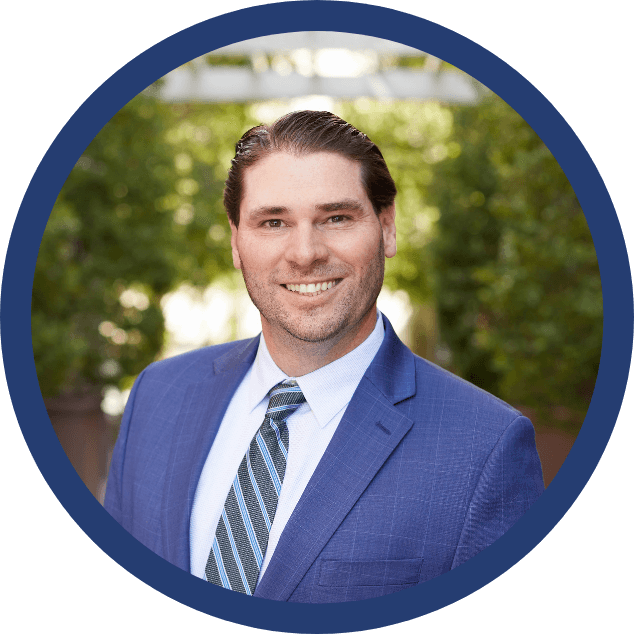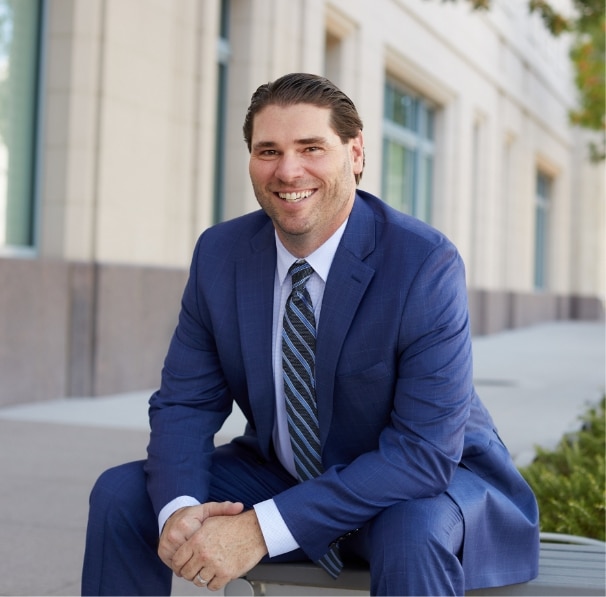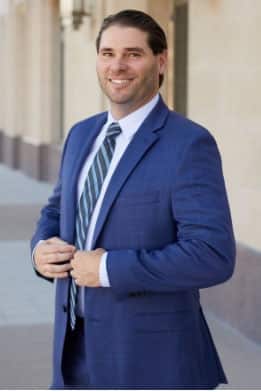If you suffered injuries on someone else’s property, and a property owner or operator was negligent, you can sue for premises liability. Property owners and others have a legal duty to maintain reasonably safe conditions in areas where they allow invited guests and licensees. When they fail in that duty and someone gets hurt, they are legally responsible for damages.
Table of Contents
Toggle
What Is the Statute of Limitations on Premises Liability Lawsuits?
A statute of limitations is a law set by the governing body that prescribes the maximum duration within which you can legally institute legal proceedings against certain persons or institutions. The statute of limitations on premises liability lawsuits sets the maximum time after which you cannot sue a property owner for getting hurt on their property. Property owners are legally obligated to care for people residing on or visiting their buildings or compounds.
Premises liability lawsuits often involve monetary compensation claims filed against property owners by victims who suffered injuries on their property. For it to be termed as premises liability, you must have suffered major injuries on a property you don’t own because of the owner’s negligence. These claims are often filed against private homeowners, hotels, restaurants, casinos, and theme park owners when accidents happen on their premises.
According to Nevada laws, property owners have premises liability duty when tenants have rented the land, reside on, or visit their property. If for some reason, they breach their duty to take care of tenants, visitors, shoppers, or invitees, they risk a premises liability lawsuit. Breach of duty includes but is not limited to poor maintenance, creating hazardous conditions leading to injury, and failure to put warning signs in potentially hazardous areas.
Premises liability litigation often pertains to damages and injuries suffered on both private and government-controlled property. Pursuing a personal injury claim against the state or federal government is completely different from doing the same against private property owners. However, the two are based on negligence.
According to the statute of limitations on premises liability lawsuits, you have a restricted period after which it is not legally possible to sue liable parties for injuries suffered on their properties. Different states have different laws. Familiarize yourself with what specific premises liability laws say in your state.
When Can You Sue for Premises Liability?
In Las Vegas, you can legally sue liable parties for personal injuries suffered on their premises within two years from the date of occurrence. The clock starts ticking the very day you suffered harm, regardless of when you discovered your injuries. The property owner may be absolved of all liability if the victim fails to take legal action within two years from the date of occurrence.
Furthermore, you need solid evidence to prove negligence. This includes direct pictures captured on the accident scene, witness statements, or video footage. Delaying for too long might cost you a valuable opportunity to collect credible evidence.
Consulting with an experienced premises liability attorney to discuss your rights as soon as possible may help you avoid missing the filing window, and strengthen your chances of recovering damages, such as future medical bills in a slip-and-fall case.
Who Is Liable in a Premises Liability Claim?
Anyone who owns the property where tenants reside or people who come to shop and have fun bears responsibility for injuries suffered on their premises. These include third parties working on the premises, management companies, maintenance agencies, private homeowners, and landlords. Tenants can also be liable if found guilty of causing property damage that led to the accident.
The mentioned parties bear liability because they have a duty to:
Single Out Potential Hazards
Homeowners must maintain the home or compound for the safety of those residing within that home. The same applies to landlords. Business owners carry a greater responsibility because many new people visit their properties daily. He or she must conduct regular inspections to identify areas that need repairs or replacing.
Property owners should be prepared in case of potential danger looming on their properties, including fires. Fire suppression systems, safe exits, and assembly points should be present in most buildings.
Potential dangers are also security related. Landlords and business owners should protect clients and tenants from dangerous individuals invading the property. The best way to do this is by hiring security.
Eliminate Potential Dangers
After identifying potential hazards, property owners should do anything within their power to eliminate them whenever possible. A simple act such as mopping a spill on the aisle of a grocery store can help avoid slip-and-fall accidents. Property maintenance is an indispensable part of property ownership for landlords and business owners.
Put up Clear Warnings
If landlords and homeowners are not in a position to immediately eliminate the looming danger, then they should do something about it. This often involves setting up enough warning signs for tenants and visitors. Taking precautions such as this may help avoid possible harm and unnecessary injuries.
An example would be the breaking down of the main lift in the building. It should be grounded, and necessary warning signs erected around the entrances to warn visitors of the looming danger. For instance, the area should be surrounded by yellow tape written “Keep off” or signs reading “Out of order.”
Exceptions to Liability in a Premises Liability Claim
There are several instances when property owners are absolved of all liability in case of personal injuries on their premises. These include:
Foreseeability of the Hazard
A property owner is not liable for your injuries if the dangerous conditions are obvious and open. Some conditions are visible to the naked eye, while others are easily noticeable by any reasonable person. An example should be a visibly wet floor or a big hole in the staircase.
If by chance you suffer injuries from open and obvious conditions, you and not the property owner bears liability. In such cases, the defense might show the visibility of the hazard and argue that your lack of care in avoiding it caused your accident and the resulting injuries.
Lack of Awareness
While property owners and property management agencies should foresee future hazards, this is not always the case. Even with regular inspections, it is possible to miss some faulty areas, which could harm residents or visitors. The landlord cannot be liable if they lack prior knowledge of factors that could cause bodily harm.
The caretakers, management agencies, and tenants have a duty to report possible threats to the landlord for correction. When a tenant caused the incident that led to the injury, the landlord is absolved of the blame.
Trespassing
Except in rare conditions, the owner of a private home, estate, or any business premise cannot be liable to trespassers who suffer a personal injury on his or her property. The duty of care only covers legal tenants, occupants, lessees, or invitees. Failure to protect someone conducting unauthorized business on your property is not punishable.
A good example would be someone who accesses the compound by illegal means, probably jumping over the perimeter fence, then falls inside your compound and suffers a head injury. The person was not invited and didn’t access the compound using legal means.
However, a premise occupant, owner, or lessee may be at fault if he or she:
- Knew a trespasser was on their property but did nothing to secure the trespasser’s safe exit
- Wantonly injured the trespasser
- Failed to secure dangerous conditions that harmed a child
Common Premises Related Liability Claims
While most premises liability claims are related to negligence, negligence is a broad term that covers multiple scenarios. Some of the most common factors resulting in premises liability lawsuits include:
Slip and Fall Accidents
These are the most common litigation, especially in commercial and residential buildings. Staircases, rails, slippery floors, and uneven pavements are the most common contributors. They are also found in plenty in and around buildings. Other examples include broken floorboards, poor lighting, chipping floor tiles, and other tripping hazards.
Poorly Maintained Amenities
Buildings with moving parts, such as lifts and escalators, require maximum attention and a regular maintenance schedule to prevent possible accidents. If you slip or fall on an escalator, you can file a premises liability claim against the owner. But ensure you consult a Las Vegas premises liability lawyer first.
Dog Attacks
You can sue a homeowner or a business owner if a dog bites you on his or her property. Sometimes, even the most disciplined and tame dogs can lash out and bite for unknown reasons. The property owner should have kept the dogs secured in a kennel or leash.
Please note, Nevada has no specific legislation on dog bites. However, you may still consider suing for premises liability if you get bitten on someone’s property if you had a legal right to be there.
Nevada has stringent dog handling laws, and the negligent dog owner cannot walk scot-free. The court will rule according to similar judgments passed by their predecessors.
Understanding the types of situations that can give way to dangerous property condition lawsuits, as well as the statute of limitations on premises liability lawsuits, may help you protect your rights and interests after an accident.





